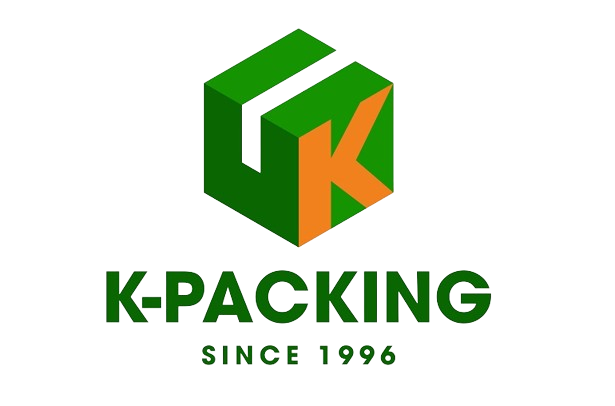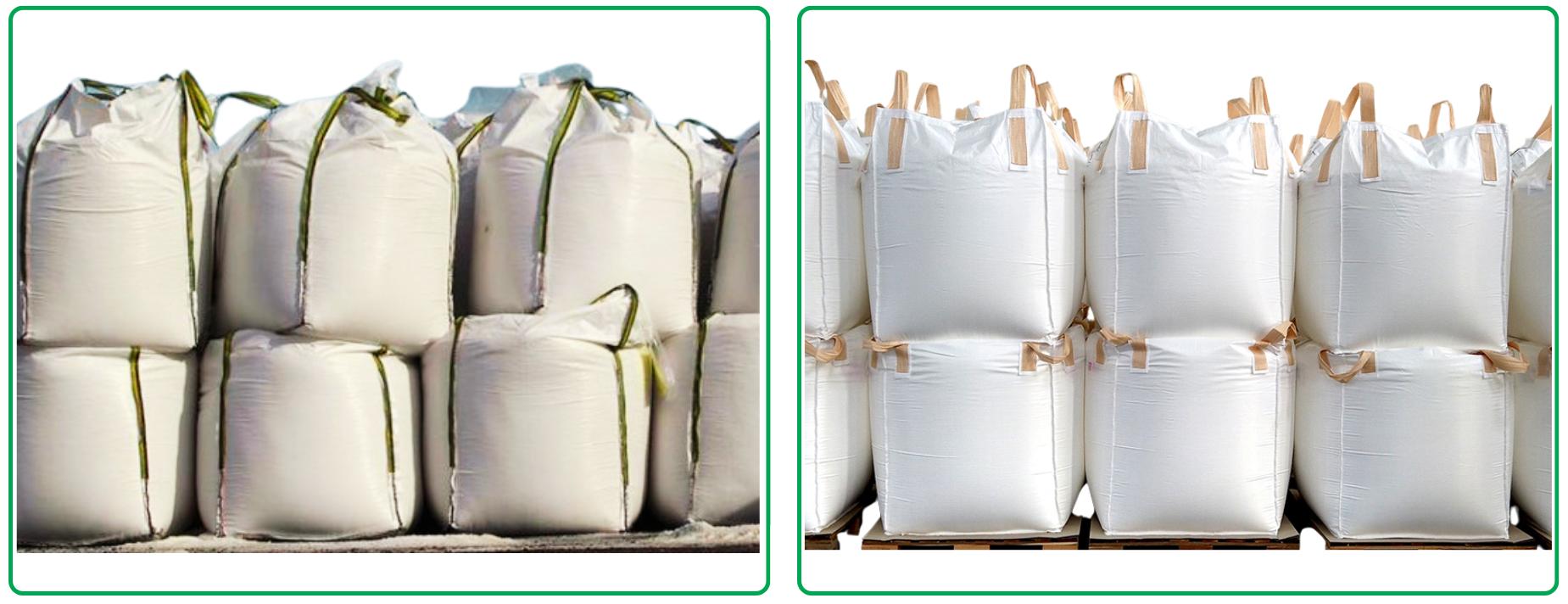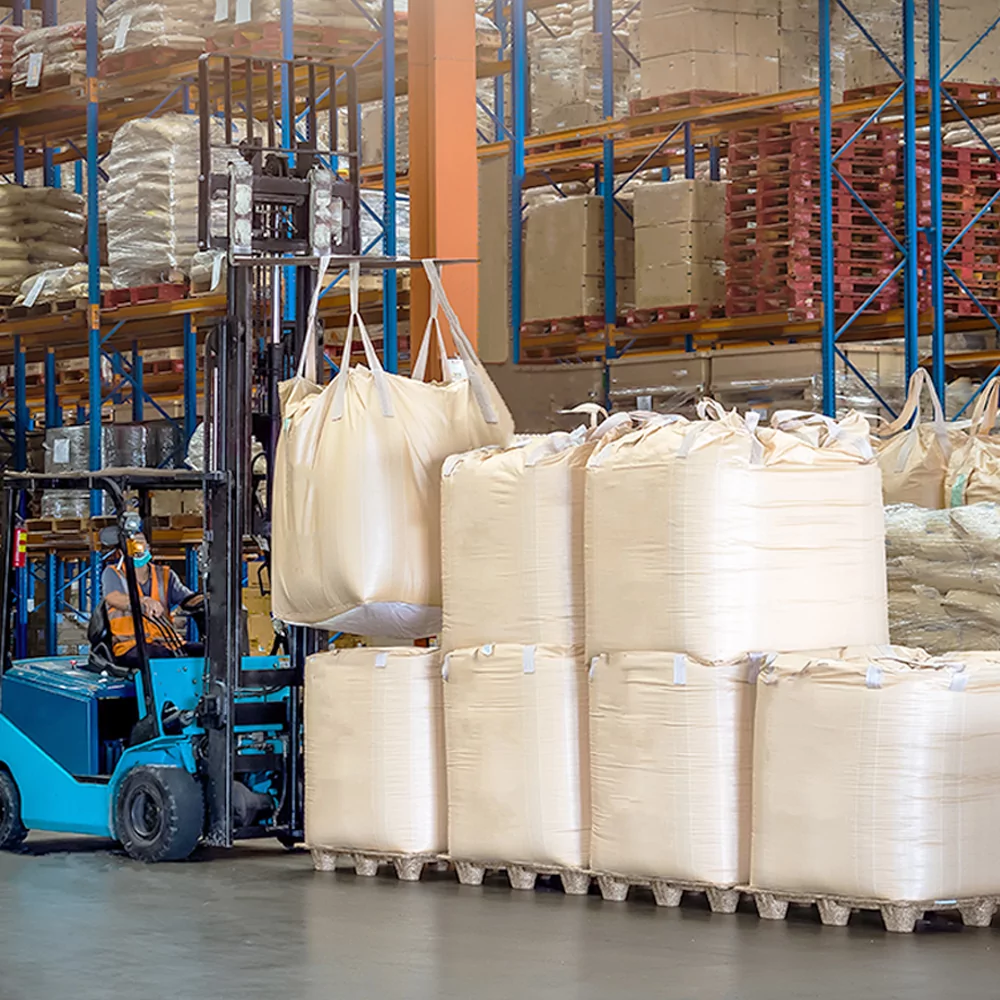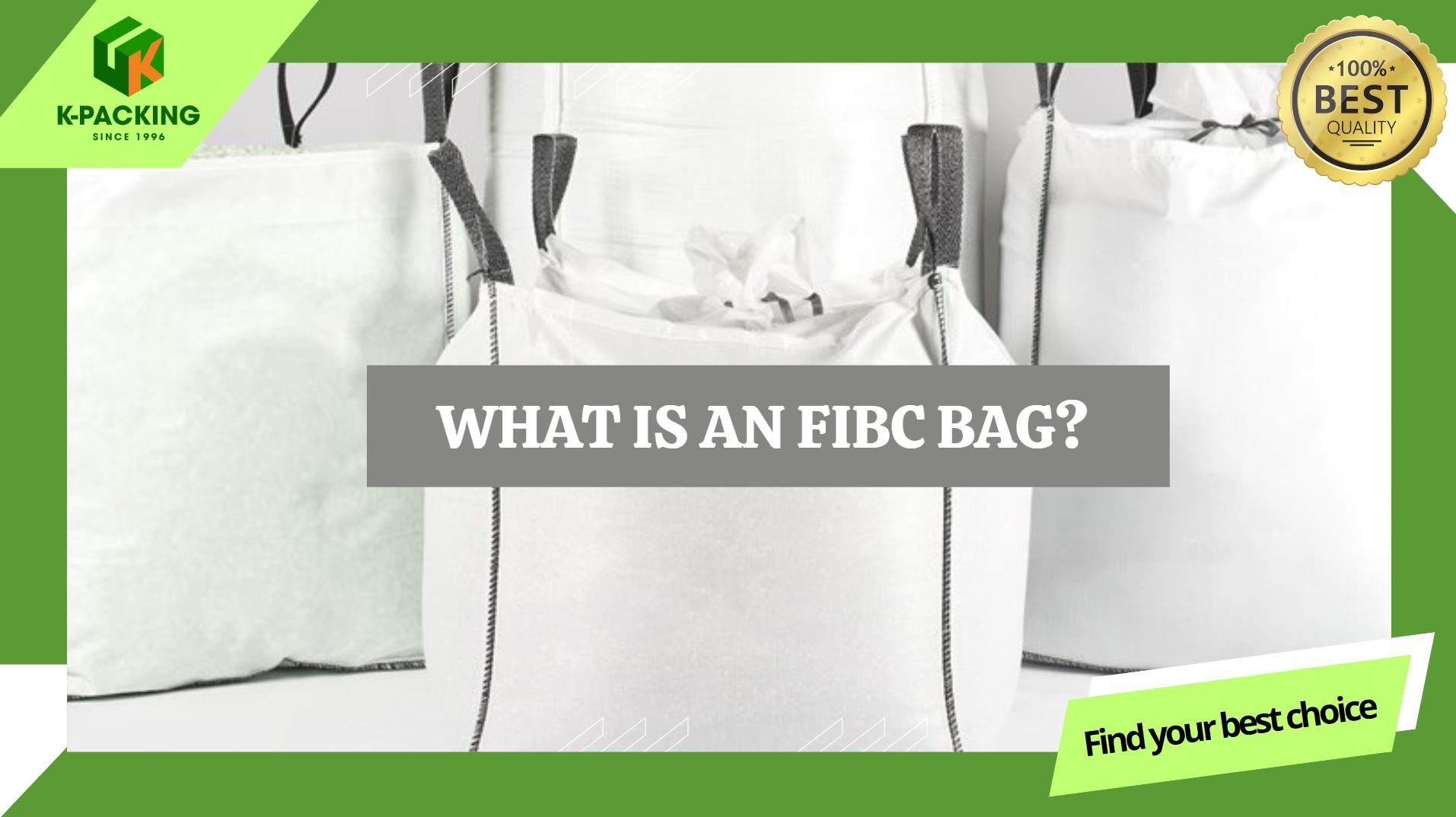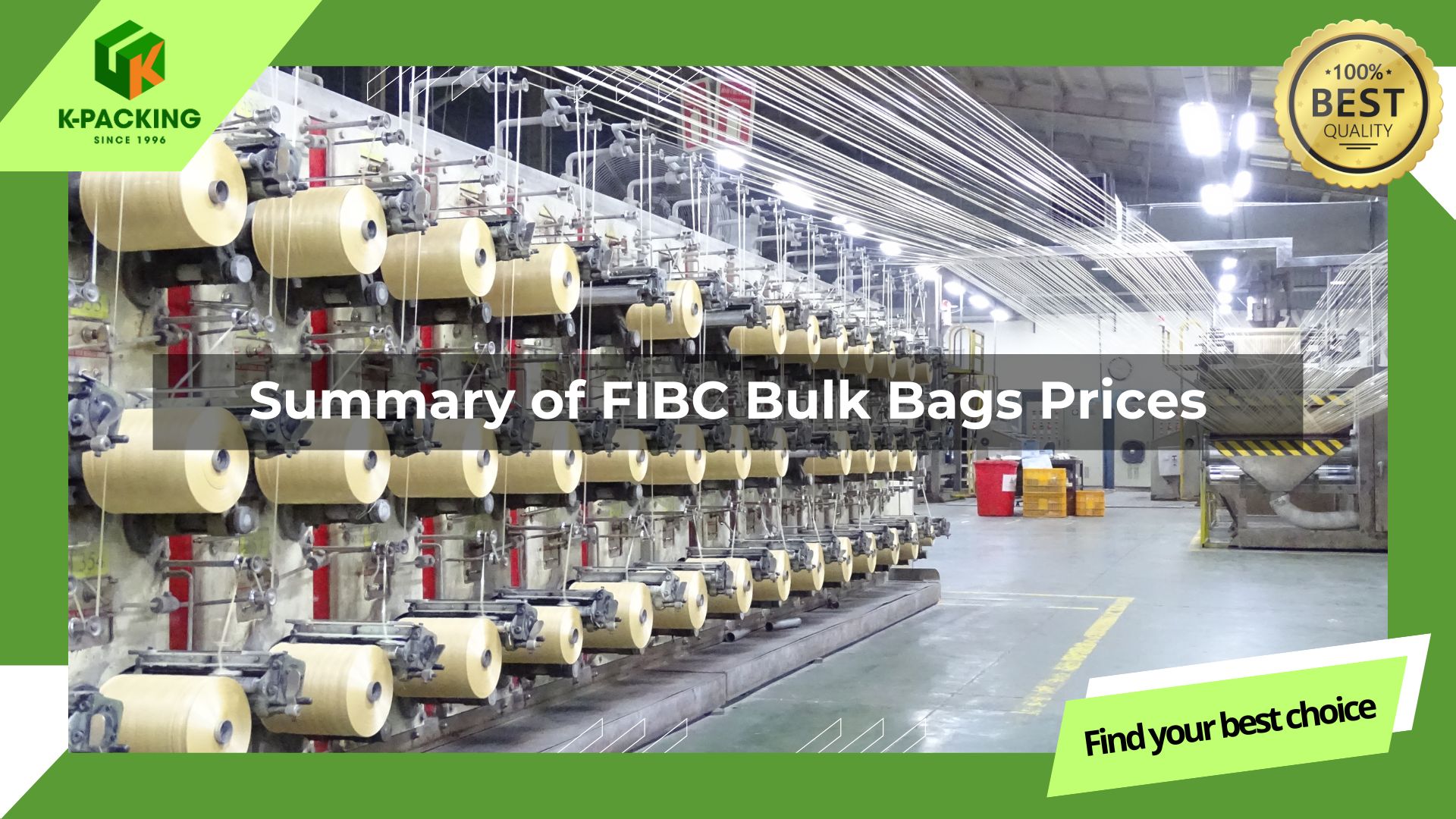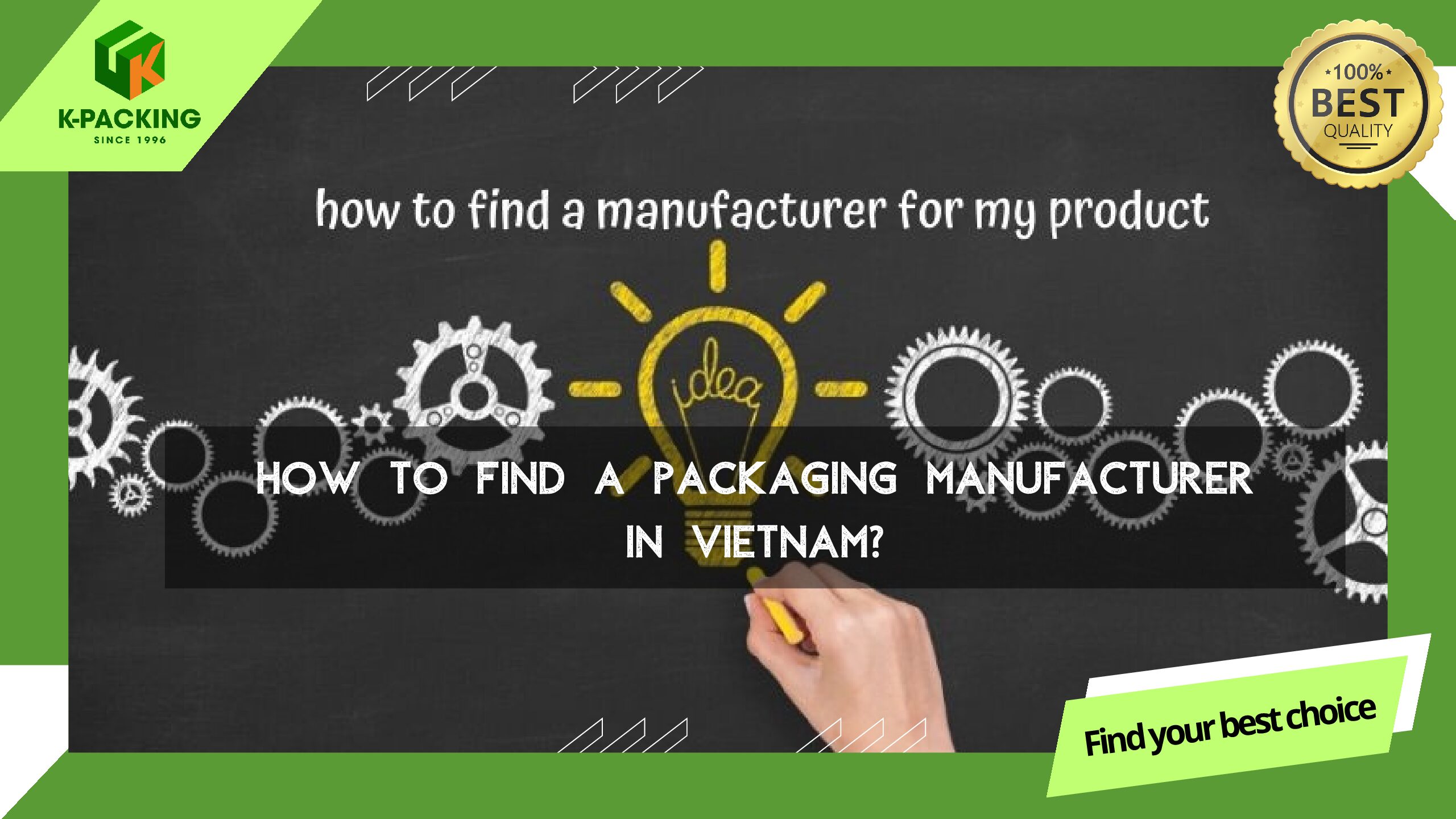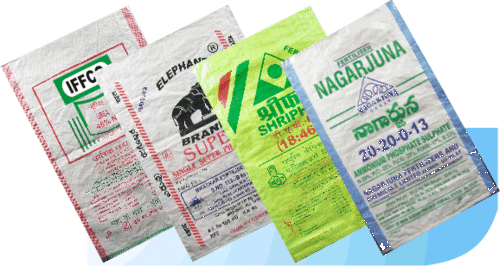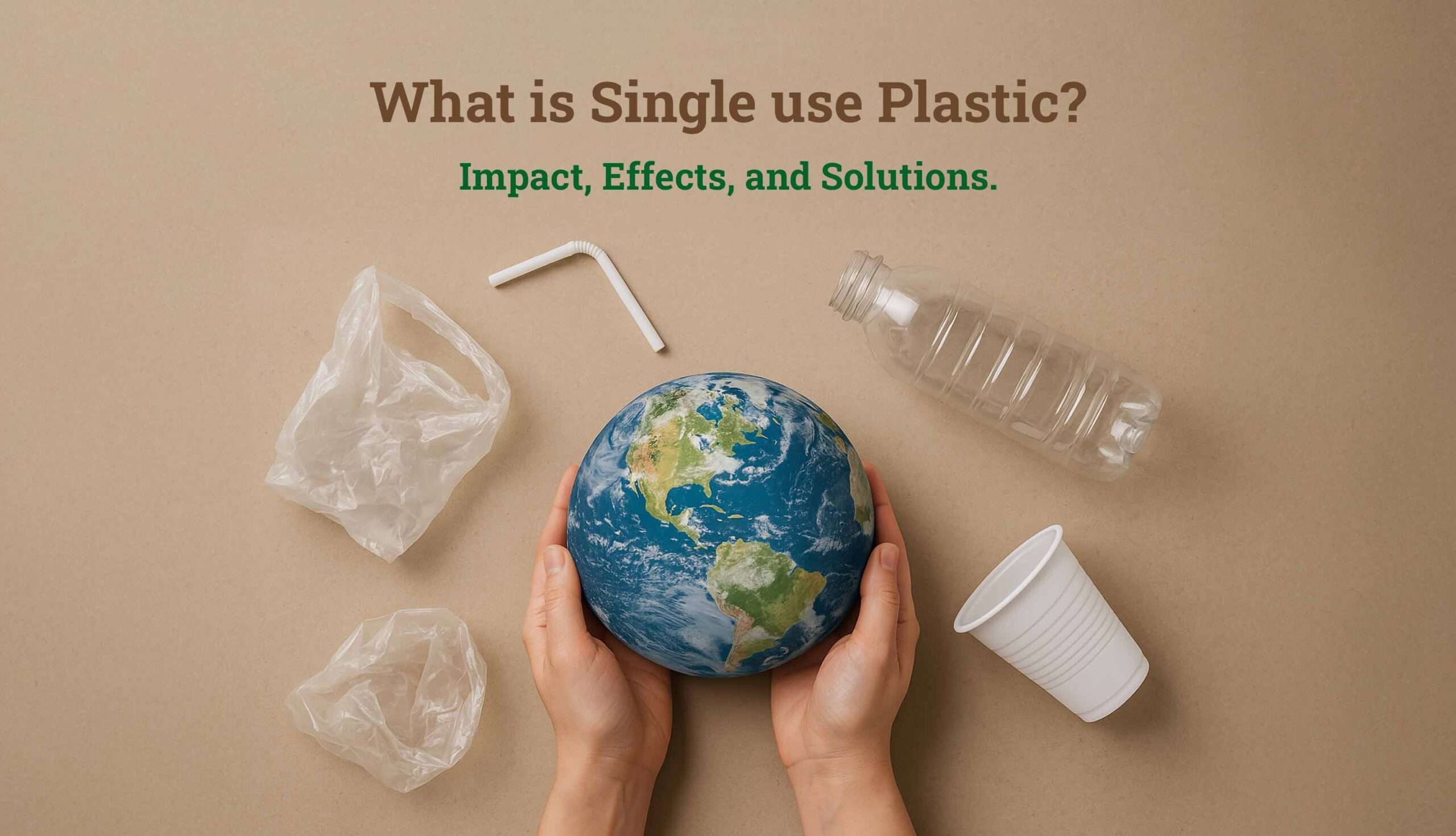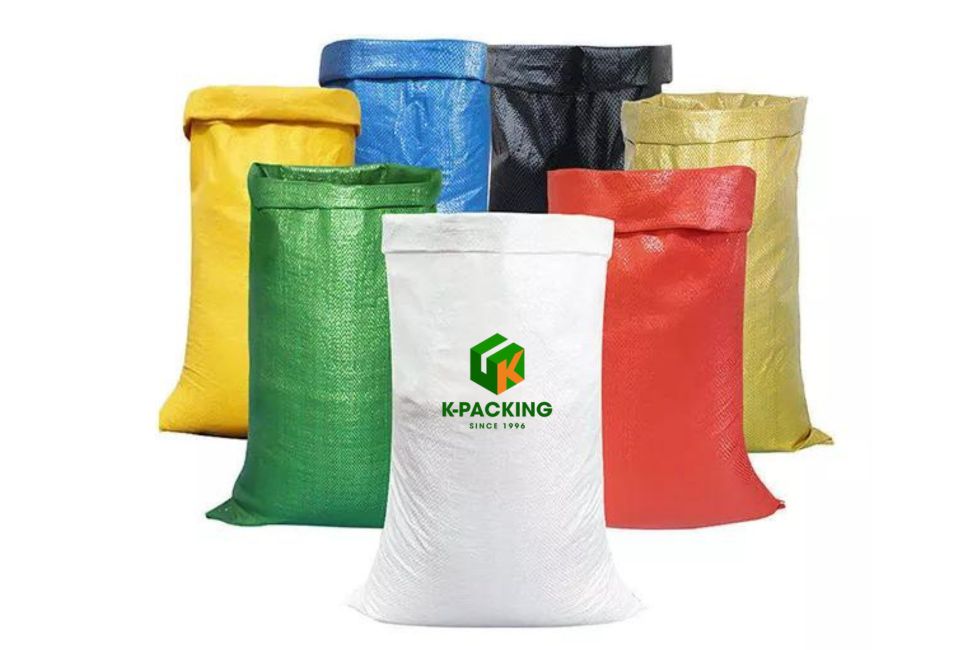Agricultural and industrial goods such as rice, coffee, cashews, pepper, animal feed, and fertilizers are highly vulnerable to moisture, mold, and damage during storage and transport. Without proper protection, product quality declines, leading to financial loss and harm to a business’s reputation.
PP woven bags offer a strong and cost-effective solution. Durable, tear-resistant, and available with PE liners or BOPP lamination, they ensure safe bulk storage and long-distance shipping. At the same time, professional printing enhances brand image, turning packaging into both a safeguard for goods and a tool for brand promotion. In the following sections, we will explore in detail how these bags can best protect different types of products.
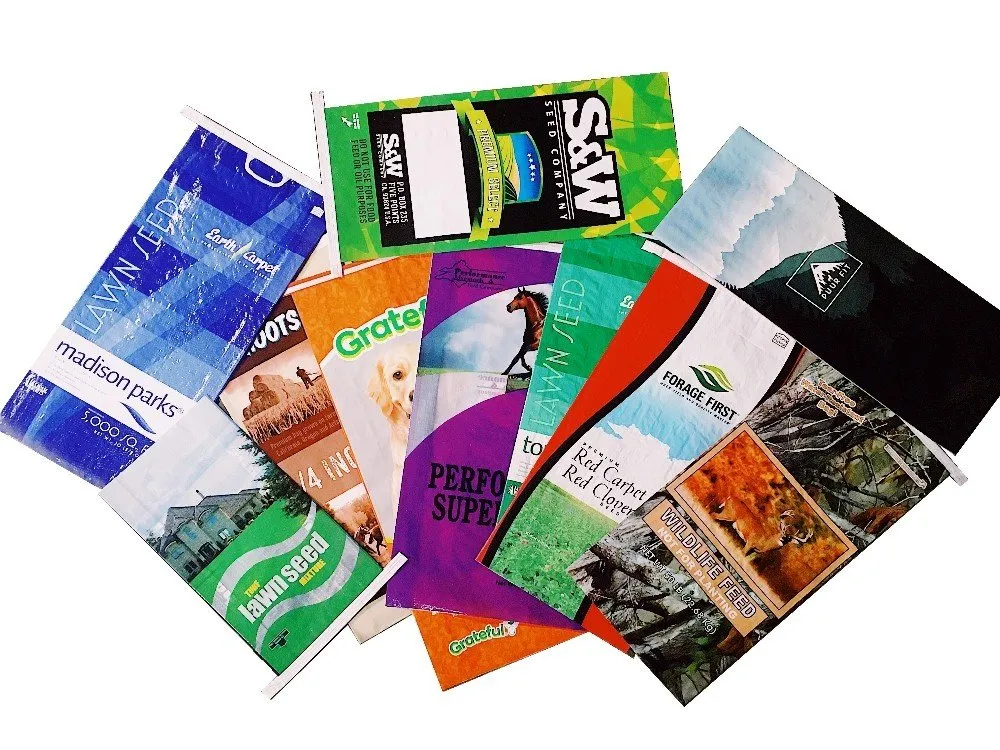
1. Rice, sugar, and salt
When it comes to storing and transporting rice, sugar, or salt, the most critical factor is dryness and moisture protection. These products are highly hygroscopic: if not packed properly, they will quickly clump, mold, or lose quality. PP woven bags laminated with BOPP film or lined with PE are the most suitable choice because they are both strong and moisture-resistant. For export shipments, companies often choose multi-color gravure-printed bags to meet international standards and enhance product appearance.
Before packing, the products must be carefully prepared. Rice should be milled and dried to below 14% moisture content to prevent mold and pests. Sugar must remain loose and free-flowing, without lumps. Salt, after harvesting, should be sun-dried or mechanically dried and screened to remove impurities. In humid climates, use a dehumidifier in the storage area before packing to keep the products dry.
During the packing stage, it’s best to use a funnel or an automatic bagging machine to avoid spillage and ensure consistent weights (25 kg or 50 kg bags are standard for ease of handling). If absolute moisture protection is required, insert a PE liner inside the PP woven bag before filling. After filling, stitch the bag mouth securely with durable PP thread – make sure there are no gaps where moisture or insects could enter. Fold the bag edge down about 2–3 cm before stitching. This creates a stronger seam and reduces the risk of tearing at the mouth.
For storage, bags must never be placed directly on the warehouse floor. Instead, stack them neatly on wooden or plastic pallets, with tarpaulin or plastic sheets underneath to block ground moisture. The warehouse should be well-ventilated, either naturally or with fans, and protected from direct sunlight. For long-distance transport, especially in containers, cover the bags with an additional PE sheet or waterproof tarp for added protection.
Finally, during loading and unloading, always handle with care. Avoid dragging bags across rough surfaces, as this can tear the laminated film. Stack bags in stable piles – not too high – to prevent crushing or tearing at the bottom layer.
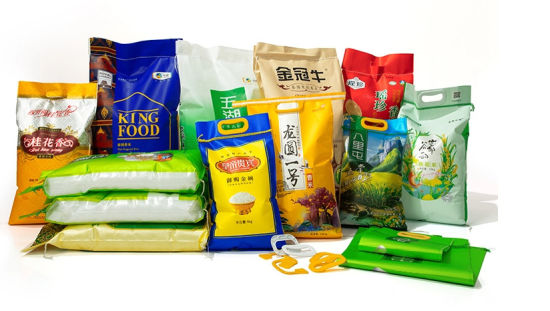
2. Coffee, cashews, and pepper
Coffee, cashews, and pepper are premium export crops that require packaging not only for physical protection but also for quality preservation. These products are highly sensitive to moisture, pests, and odor contamination, and they can lose significant value if not properly stored. The most suitable solution is PP woven bags combined with PE inner liners, which create an airtight barrier and ensure freshness during shipping and storage.
Before packing, products must be processed to international standards. Coffee beans should be dried to a moisture level of 10–12% to avoid fermentation. Cashew kernels need to be fully processed – clean, dry, and completely free of shell residue. Pepper should be dried under the sun or using mechanical dryers, with all impurities carefully removed. For coffee beans, using a moisture meter before packing is an effective way to confirm safe levels for export.
During the packing stage, a PE inner liner should be inserted into the PP woven bag before filling. Once filled, the liner is twisted or sealed to lock in freshness, then the outer PP woven bag is stitched tightly with durable thread. This double layer offers strong protection during long overseas shipments. In humid environments or when long-term storage is required, using an inner liner is strongly recommended. Although this increases packaging costs, it is often considered worthwhile for high-value crops such as specialty coffee or organic cashews, where consistent quality is critical for maintaining reputation and competitiveness.
For storage, bags should be stacked neatly on pallets and never placed directly on floors or against walls. Warehouses must remain well-ventilated, dry, and humidity-controlled to preserve product integrity. For extended storage, fumigation under export standards may be necessary. Adding container desiccants or using tarpaulin covers during transit can further reduce the risk of moisture damage.
During transportation, bags should not be over-compressed, as cashews and peppercorns are fragile under pressure. Containers should be clean, dry, and odor-free, since coffee beans in particular are highly absorbent and can easily pick up unwanted smells from other goods.
For export markets that value branding as much as product quality, laminated PP woven bags with gravure or offset printing are recommended. Lamination adds durability and moisture resistance, while premium printing enhances presentation and brand recognition. This ensures the products remain safe while also conveying their high-end positioning in competitive international markets.
3. Animal feed, fertilizers, and bulk agricultural commodities
Animal feed, fertilizers, and bulk agricultural commodities such as corn, beans, and seeds require packaging solutions that are strong, durable, and capable of handling heavy loads. These products are often transported in large quantities and stored for long periods, making protection against tearing, moisture, and contamination essential. PP woven bags are the most suitable choice due to their high tensile strength and resistance to wear, ensuring that goods remain safe throughout storage and transportation.
Before packing, the materials must be prepared properly. Animal feed should be processed and dried to avoid clumping during storage. Fertilizers must be kept dry and free of lumps, while bulk grains such as corn and beans should be cleaned and brought to an appropriate moisture level to prevent spoilage. For seeds intended for cultivation, purity and dryness are particularly important to maintain germination quality.
When packing, different PP woven bag formats can be applied depending on the weight and nature of the product. Standard woven bags are suitable for 25–50 kg loads, while bulk agricultural products and fertilizers may require jumbo bags (FIBCs) with capacities ranging from 500 kg to 2,000 kg. For products sensitive to moisture, such as feed and certain fertilizers, adding a PE liner or multi-layer structure with kraft paper enhances protection. Once filled, bags should be sealed tightly to prevent leakage or exposure to humidity.
In storage, bags must be stacked properly on pallets to avoid direct contact with floors and walls. Warehouses should remain well-ventilated and protected from excess humidity. For jumbo bags, mechanical handling with forklifts or cranes is recommended to prevent tearing. Extended storage may require additional protective measures, such as covering stacks with tarpaulin or using dehumidifiers to maintain stability.
During transportation, safe handling is essential due to the weight and bulk of the products. Bags should be arranged securely in containers or trucks to prevent shifting during transit. Fertilizers in particular should be kept away from direct exposure to water or high humidity, while bulk agricultural products must be protected from insect infestation. Using strong PP woven jumbo bags ensures that even large volumes of goods can be shipped safely and efficiently.
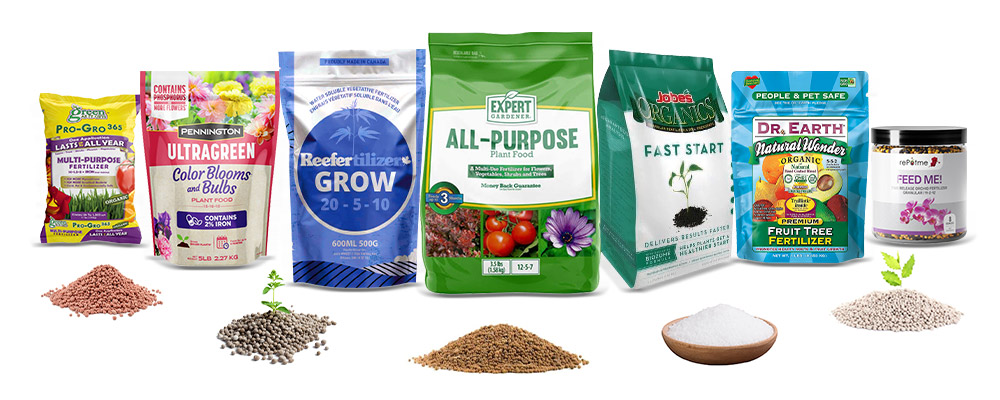
For companies targeting export markets, investing in well-printed laminated PP woven bags can also support branding while maintaining product integrity. This approach communicates reliability to international buyers and reinforces the quality of both agricultural and industrial goods.
Conclusion
PP woven bags provide a dependable way to protect agricultural products such as rice, coffee, cashews, and pepper, as well as industrial goods like animal feed and fertilizers. Their strength and durability make them ideal for storage and long-distance transport, while options with PE liners or BOPP lamination offer added protection against moisture, pests, and damage, keeping products safe from the warehouse to the customer.
By ensuring product safety, businesses also protect their reputation and deliver consistent quality to their customers. Laminated and professionally printed PP woven bags go one step further—enhancing product presentation and promoting the brand in competitive export markets. In this way, packaging becomes both a safeguard for goods and a tool for building lasting trust with customers.
